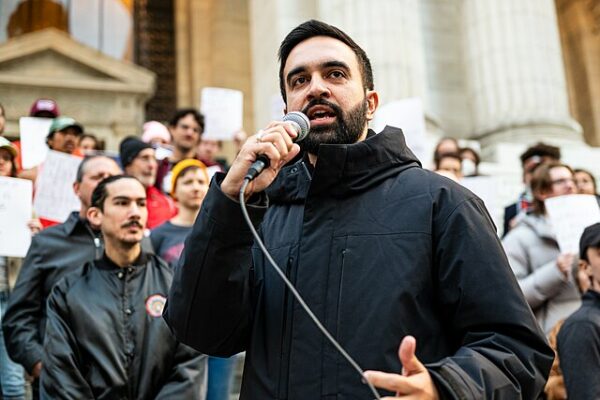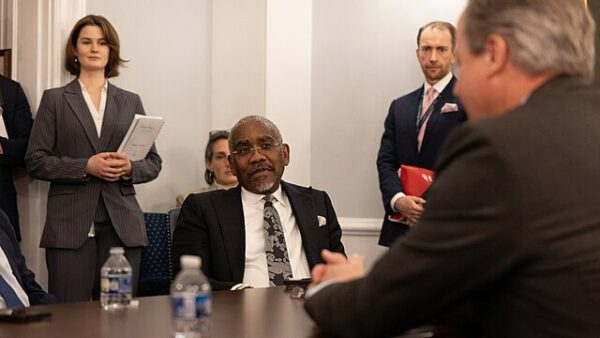Right before the New Hampshire primary, the attorney general in the Granite State announced an investigation into voter suppression after it was discovered that phone calls using an AI-generated voice mimicking President Biden were being placed all over the state.
The calls said that Democrats should not vote in the primary. The AG said that his office “received complaints regarding a recorded message encouraging voters not to vote in the January 23, 2024, New Hampshire Presidential Primary Election. The message, which was sent on January 21, 2024, stated ‘your vote makes a difference in November, not this Tuesday.’ Although the voice in the robocall sounds like the voice of President Biden, this message appears to be artificially generated based on initial indications.”
NBC News revealed how easy AI has made the creation of fake robo-calls and other posts that get distributed online.
Paul Carpenter says he was hired in January by Steve Kramer — who has worked on ballot access for Democratic presidential candidate Dean Phillips — to use AI software to make the imitation of Biden’s voice urging New Hampshire Democrats not to vote in the state’s presidential primary.
“I created the audio used in the robocall. I did not distribute it,” Carpenter said in an interview in New Orleans, where he is currently residing. “I was in a situation where someone offered me some money to do something, and I did it. There was no malicious intent. I didn’t know how it was going to be distributed.”
Carpenter — who holds world records in fork-bending and straitjacket escapes, but has no fixed address — showed NBC News how he created the fake Biden audio and said he came forward because he regrets his involvement in the ordeal and wants to warn people about how easy it is to use AI to mislead.
Creating the fake audio took less than 20 minutes and cost only $1, he said, for which he was paid $150, according to Venmo payments from Kramer and his father, Bruce Kramer, that he shared.
NPR recently said that “as AI-generated deepfakes are being used to spread false information in elections around the world, policymakers, tech companies and governments are trying to catch up.
‘We don’t really think of [AI] as a free-standing threat but as more of a threat amplifier,’ said Dan Weiner, director of the elections and government program at the Brennan Center for Justice at New York University School of Law.
He worries that AI will turbocharge efforts to discourage voters or spread bogus claims, especially in the immediate run-up to an election, when there’s little time for journalists or campaigns to fact-check or debunk.”
That exact scenario unfolded in Slovakia last fall, mere days prior to the election. False audio recordings surfaced, depicting a candidate allegedly discussing vote manipulation and proposing an increase in beer prices, gained traction on the internet and impacted the vote. As a result, the pro-Western party, to which the candidate belonged, ultimately lost to a party led by a pro-Russian politician.
[Read More: Another Spy Balloon Has Apparently Entered American Airspace]











Odd Dems wont use nationwide??
Can we MAGA Counter